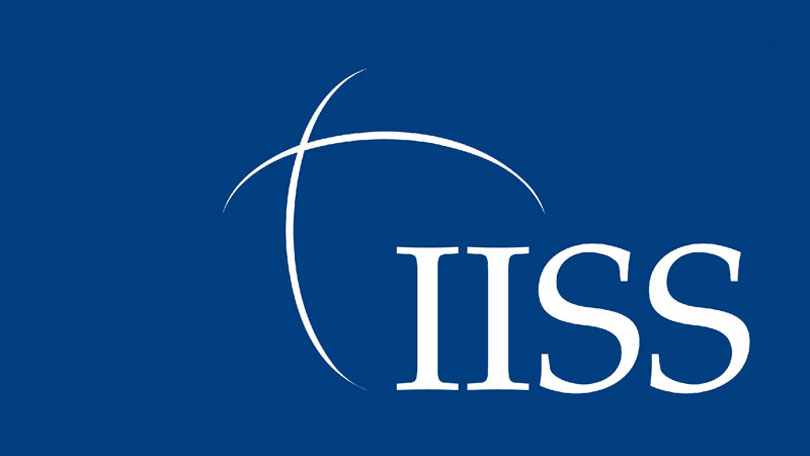
Japan’s Economic Security and Sensitive Technology Policy-Strategic Cooperation with the UK and the EU
- 28 January 2025
- 18:30 - 19:45
- Online
- https://www.japanhouselondon.uk/whats-on/japans-economic-security-and-sensitive-technology-policy-strategic-cooperation-with-the-uk-and-the-eu/
- +44 (0)20 7932 7100
- info@japanhouselondon.uk
- Tweet
In this online event broadcast live from Japan House London, the International Institute for Strategic Studies (IISS) Japan Chair Programme invites a panel of experts to discuss the role of the Japan–UK and Japan–the European Union partnership in addressing Japan’s economic security and sensitive technology policy and strategic cooperation with the UK and the EU.
In recent years, the importance of economic security has grown as geopolitical and geo-economic uncertainties have increased. As the first country to implement an economic-security policy, Japan has led the debate in this field. Some of the recent policy developments have been the enactment of the Economic Security Promotion Act in 2023; the ‘security clearance system’ law in May 2024; and, most recently, the building of Japan’s active cyber-defence capabilities system. Through these policies, Japan aims to enhance its strategic autonomy by reducing its dependence on other countries and to boost its strategic indispensability by developing key industrial capabilities.
One of the pillars of economic security on which Japan focuses is sensitive technologies – consumer technologies with potential dual-use in military equipment. As competition in military modernisation has intensified, advanced sensitive technologies are actively being incorporated into military equipment, blurring the boundaries between the military and civilian sectors. Japan seeks to promote the protection and development of dual-use technologies in its domestic industry to ensure its access to cutting-edge technologies.
In addition to the livestream, this event is hosted in the Hall at Japan House London for a limited audience. If you would like to apply to attend the in-person event, please send an email to Japan House London at events@japanhouselondon.uk.
This event is introduced by Japan House London Director General, Sam Thorne.
About the Speakers:
Professor Sahashi Ryō is a Professor of International Relations at the Institute for Advanced Studies on Asia, University of Tokyo. Professor Sahashi specializes on international politics in East Asia. He sits on government panels including the Council on the Actual State of Land Use and the Advisory Panel on Science & Technology Diplomacy. He also works as Research Fellow of Japan Center for International Exchange and Visiting Fellow of 21st Century Policy Institute, Keidanren. He has been associated with various universities and research institutions. His most recent book is Asia Rising: A Handbook of History and International Relations in East, South and Southeast Asia, which was published in 2024.
Dr Alexandra Sakaki is Deputy Head of the Asia Research Division at the German Institute for International and Security Affairs at Stiftung Wissenschaft und Politik (SWP). Her research focuses on Japanese foreign and security policy as well as Indo-Pacific security dynamics. Previously, she was a visiting researcher at Keio University and the National Defense Academy of Japan. She has authored numerous policy papers and articles, including A New Course for Japan’s Security Policy which was published in 2023.
Dr Francesca Ghiretti is Research Leader at RAND Europe, where she leads work on China and economic security. She is also an Adjunct Fellow (Non-Resident) at the Wadhwani Center for AI and Advanced Technologies, Center for Strategic and International Studies and host of the podcast ‘Geoeconomic Competition’. Previously, she worked as senior geo-economics fellow at a London-based AI company and as analyst at the Mercator Institute for China Studies. Dr Ghiretti is the author of Chinese Investments and the Economic Security Turn in Europe (Bristol University Press, January 2025).
Robert Ward is the IISS Japan Chair and Director of Geo-economics and Strategy, carrying out independent research and writing extensively on strategic issues related to Japan, including its contemporary security and foreign policies. He leads the Institute’s Geo-economics and Strategy research programme, which focuses on a range of issues including global-economic governance, rules and standards setting, and how economic coercion impacts policy at a national and corporate level.
Booking Essential | Admission Free
